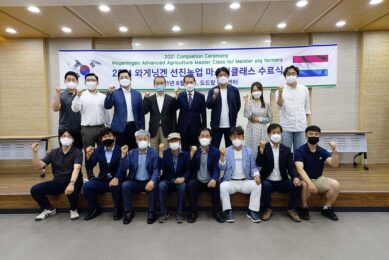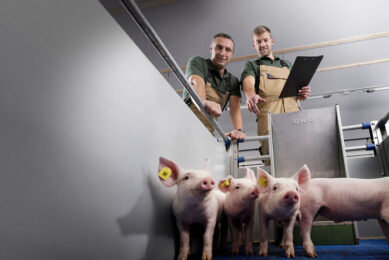USDA starts GE quality management pilot
The US Department of Agriculture’s Animal and Plant Health Inspection Service (APHIS) has introduced a pilot of the biotechnology quality management system (BQMS). The system is part of continued efforts to enhance compliance with the regulatory requirements for field trials and movements of certain genetically engineered (GE) organisms.
“Our goal with the biotechnology quality management system is to give developers the tools they need to better comply with our regulations,” said Michael Gregoire, deputy administrator for APHIS’ biotechnology regulatory services program.
“The pilot project provides us with an opportunity to further develop and improve the system before its full implementation.”
Five participants
APHIS has accepted five volunteer participants into the pilot project: Bayer CropScience, BASF Plant Science, J.R. Simplot Plant Science, Pioneer Hi-Bred International and the University of Nebraska at Lincoln.
The participants will develop, implement and maintain a quality management system within their organisation to proactively manage the movement and field release of regulated GE organisms.
As part of the process, they will:
Work to identify vulnerabilities in their processes for working with GE organisms,
Develop or revise standard operating procedures that address vulnerabilities,
Properly train personnel on the standard operating procedures and
Undergo a third-party audit to determine effectiveness of their quality management system.
The pilot project also will test the feasibility of the BQMS audit standard and accompanying guidelines.
The guidelines will be used by the participants as they develop their system.
About APHIS
APHIS regulates the importation, interstate movement and release into the environment of certain GE organisms.
APHIS announced its intention of developing a voluntary compliance assistance system late 2007 to help universities, small businesses and large companies develop sound management practices to enhance compliance with APHIS regulatory requirements for GE organisms.
BQMS is intended to supplement existing APHIS regulatory and inspection requirements.
©











